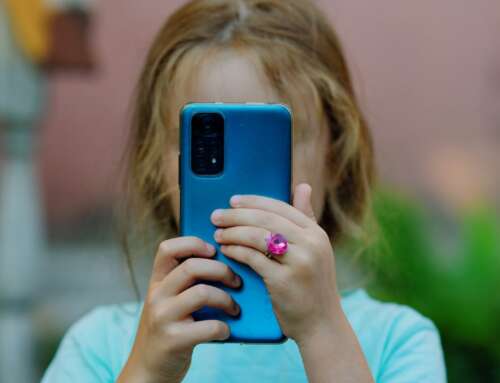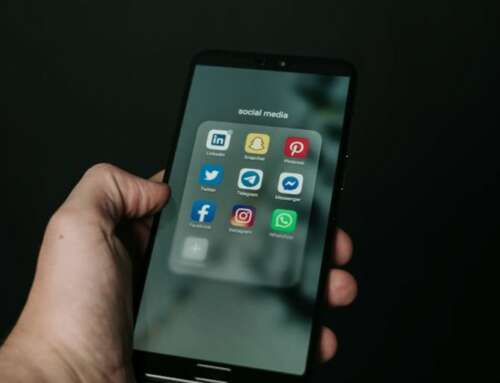Nearly two out of three U.S. kids spend more than two hours a day looking at screens, a new analysis of activity levels finds. And those children perform worse on memory, language and thinking tests than kids who spend less time in front of a device, the study of over 4,500 8- to 11-year-olds shows.
The finding, published online September 26 in Lancet Child & Adolescent Health, bolsters concerns that heavy use of smartphones, tablets or televisions can hurt growing minds. But because the study captures a single snapshot in time, it’s still not known whether too much screen time can actually harm brain development, experts caution.
Researchers used data gleaned from child and parent surveys on daily screen time, exercise and sleep, collected as part of a larger effort called the Adolescent Brain Cognitive Development Study. Cognitive abilities were also tested in that bigger study. As a benchmark for the new study, the researchers used expert guidelines set in 2016 that recommend no more than two hours of recreational screen time a day, an hour of exercise and between nine and 11 hours of nighttime sleep.
Overall, the results are concerning, says study coauthor Jeremy Walsh, an exercise physiologist who at the time of the study was at the Children’s Hospital of Eastern Ontario Research Institute in Ottawa, Canada. Only 5 percent of the children met all three guidelines on screen time, exercise and sleep, the survey revealed. Twenty-nine percent of the children didn’t meet any of the guidelines, meaning that “they’re getting less than nine hours of sleep, they’re on their screens for longer than two hours and they’re not being physically active,” Walsh says. “This raises a flag.”
– Laura Sanders
Read More: Survey Raises Worries About how Screen Time Affects Kids’ Brains
Image by Gregory Pappas from Unsplash







Leave A Comment